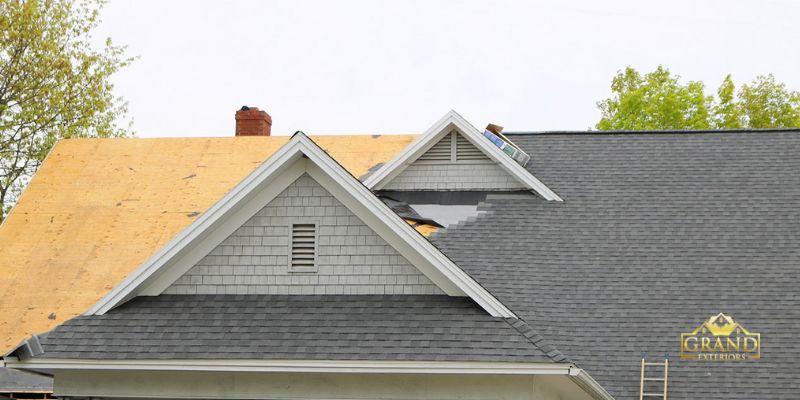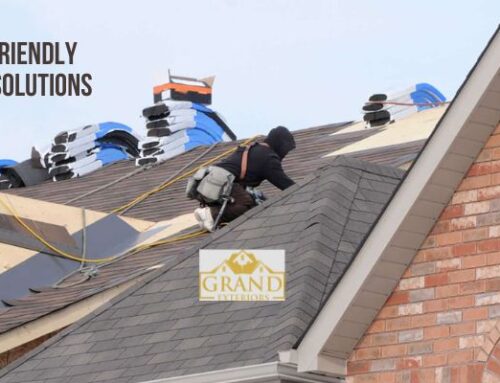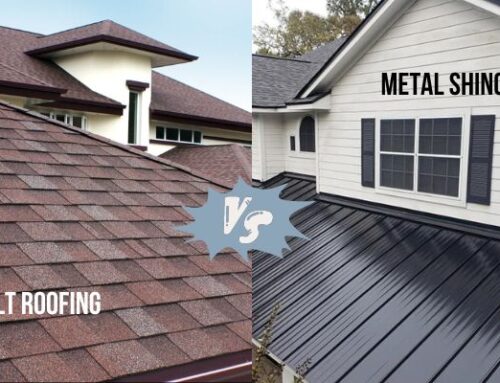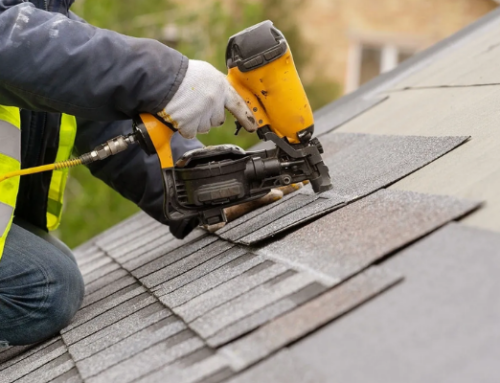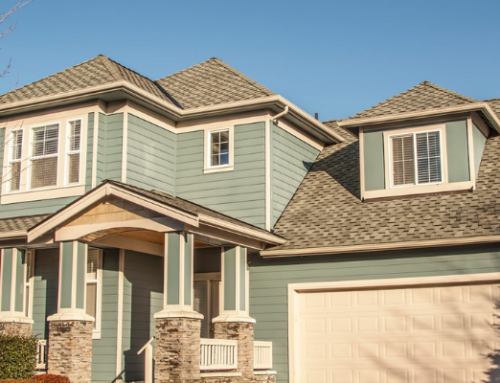Whether dealing with a leaky roof, planning a roof replacement, or repairing storm damage, finding a reliable residential roofing contractor is essential for a successful and stress-free project. With numerous options available, choosing the right professional for the job can be overwhelming. Here are some key tips to guide you through finding and hiring a trustworthy residential roofing contractor.
Tips for Finding a Reliable Residential Roofing Contractor
1. Research and Verify Credentials
Start by conducting thorough research on potential roofing contractors in your area. Utilize online platforms, such as review websites and social media, to gather feedback from previous clients. Additionally, check their website and look for testimonials or case studies that showcase their expertise. It’s crucial to ensure that the contractor is licensed and insured. A valid license indicates that they have met the necessary requirements to operate in your area, while insurance protects you from liability in case of accidents on your property. Request copies of these documents and verify their authenticity with the relevant authorities.
Once you have a shortlist of potential contractors, reach out to each one and ask for references. A reputable contractor will willingly provide references from past clients, allowing you to gauge their work’s quality and professionalism. Contact these references to inquire about their overall satisfaction, the timeliness of the project, and the contractor’s ability to address any issues that arose during or after the job. By investing time in thorough research and credential verification, you can narrow down your choices to reliable roofing professionals.
2. Obtain Multiple Quotes and Compare Services
After narrowing down your list, it’s time to gather quotes from the remaining residential roofing contractors. Invite each contractor to assess your roofing needs and provide a detailed written estimate. Avoid relying solely on the lowest bid, as it may not reflect the overall value of the service. Instead, compare the quotes based on the scope of work, materials used, project timeline, and any additional services offered. A detailed estimate should include costs for labor, materials, permits, and any potential additional expenses.
During the estimate process, take the opportunity to ask questions and clarify any uncertainties. A reliable contractor will be transparent about their pricing and explain the breakdown of costs. Be wary of contractors who provide vague or incomplete estimates, as this could lead to unexpected expenses down the line. By obtaining multiple quotes and comparing the details of each, you’ll be better equipped to make an informed decision that aligns with your budget and expectations.
3. Check for Manufacturer Certifications
A reliable residential roofing contractor should be affiliated with reputable roofing material manufacturers. These certifications indicate that the contractor has undergone specific training and meets the manufacturer’s standards for installation. Manufacturers often provide certifications to contractors who demonstrate a commitment to quality workmanship and adhere to industry best practices.
Inquire about the contractor’s certifications and confirm their status with the respective manufacturers. Choosing a contractor with these certifications ensures that your roof will be installed or repaired according to the manufacturer’s specifications, increasing the likelihood of warranty coverage for the roofing materials.
4. Assess Communication and Responsiveness
Effective communication is vital throughout any roofing project. Pay attention to how promptly the contractor responds to your inquiries and the clarity of their communication. A reliable contractor will be attentive to your concerns, provide regular updates on the project’s progress, and address any unexpected issues promptly. Clear communication helps prevent misunderstandings and ensures that both parties are on the same page regarding the scope of work, timeline, and budget. If a contractor is unresponsive or fails to communicate effectively during the initial stages, it may be an indicator of potential issues during the project.To assess communication skills, schedule face-to-face meetings or video calls with the prospective contractors. Use this opportunity to discuss your project in detail and observe how well they listen and address your questions. Trustworthy contractors prioritize transparent communication and strive to build a trusting relationship with their clients.
5. Investigate the Contractor’s Experience and Track Record
Experience matters in the roofing industry. Look for contractors with a proven track record of successfully completing projects similar to yours. A contractor with years of experience is likely to have encountered various challenges and developed effective solutions, ensuring a smoother process for your project.
Review their portfolio to see examples of past work, paying attention to the quality of craftsmanship and the types of roofing systems they have experience with. An established contractor is more likely to have a stable business, reducing the risk of unfinished projects or issues arising during your roofing project.
6. Understand the Warranty Offered
A reputable residential roofing contractor should offer a comprehensive warranty on both the materials used and the labor provided. Carefully review the terms and conditions of the warranty, paying attention to the duration and coverage. A strong warranty reflects the contractor’s confidence in the quality of their work and the durability of the materials. It also provides you with assurance that any potential issues arising after the completion of the project will be addressed at minimal or no additional cost. Be sure to get a written copy of the warranty and keep it for your records.
7. Assess Safety Practices and Insurance Coverage
Roofing projects involve inherent risks, and it’s essential to prioritize safety. Inquire about the contractor’s safety practices and protocols to ensure they adhere to industry standards. A reliable contractor will prioritize the safety of their workers and your property throughout the project. Additionally, confirm that the contractor has adequate insurance coverage, including worker’s compensation and liability insurance. This protects you from potential legal and financial liabilities in case of accidents or damage during the roofing project. Request proof of insurance and verify its validity with the insurance provider.
8. Seek Local Recommendations and Community Involvement
Word of mouth is a powerful tool when it comes to finding a reliable residential roofing contractor. Seek recommendations from friends, family, and neighbors who have recently undertaken roofing projects. Local recommendations provide valuable insights into the contractor’s reputation and the quality of their work within your community. Additionally, consider contractors who are actively involved in the local community. A contractor with a positive presence in the community is likely to be more invested in maintaining a good reputation and providing quality service.
Conclusion
In conclusion, finding a reliable residential roofing contractor requires diligent research and consideration of crucial factors such as credentials, experience, communication, and warranties. By following these tips, you can confidently choose a contractor who not only meets your roofing needs but also ensures a smooth and successful project.
